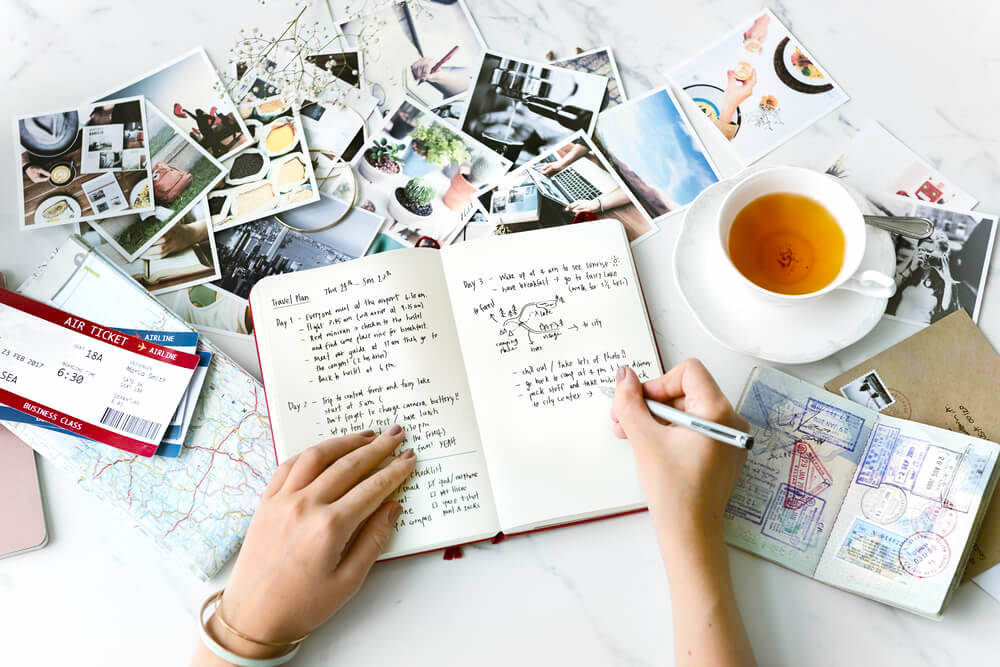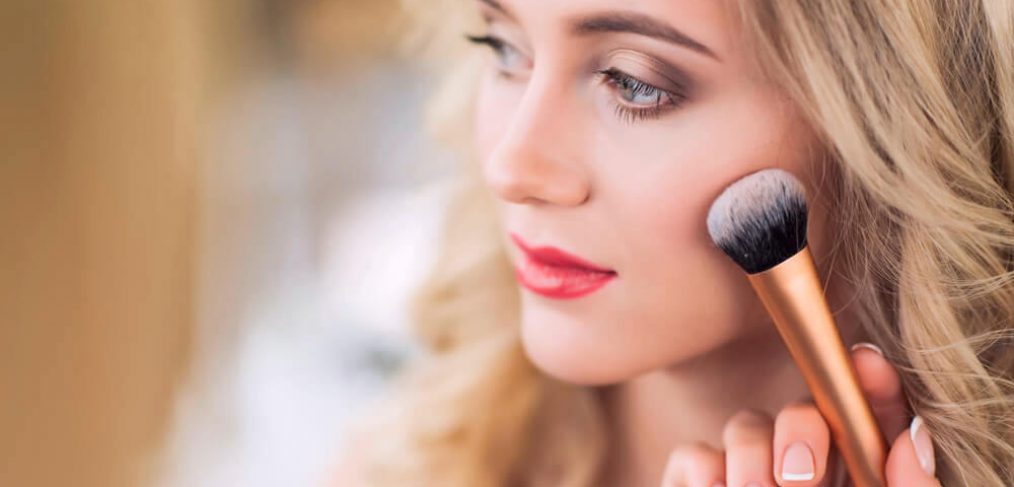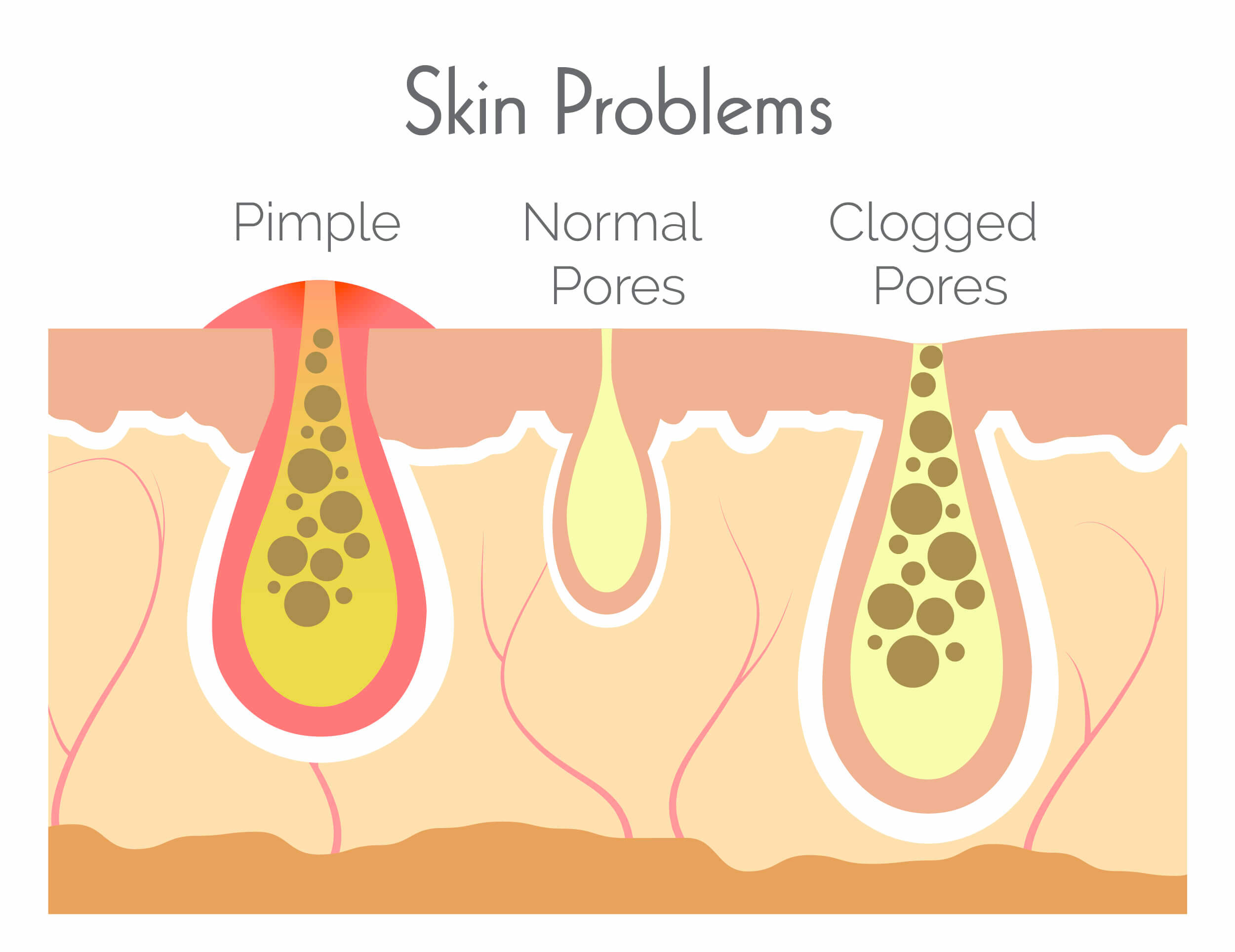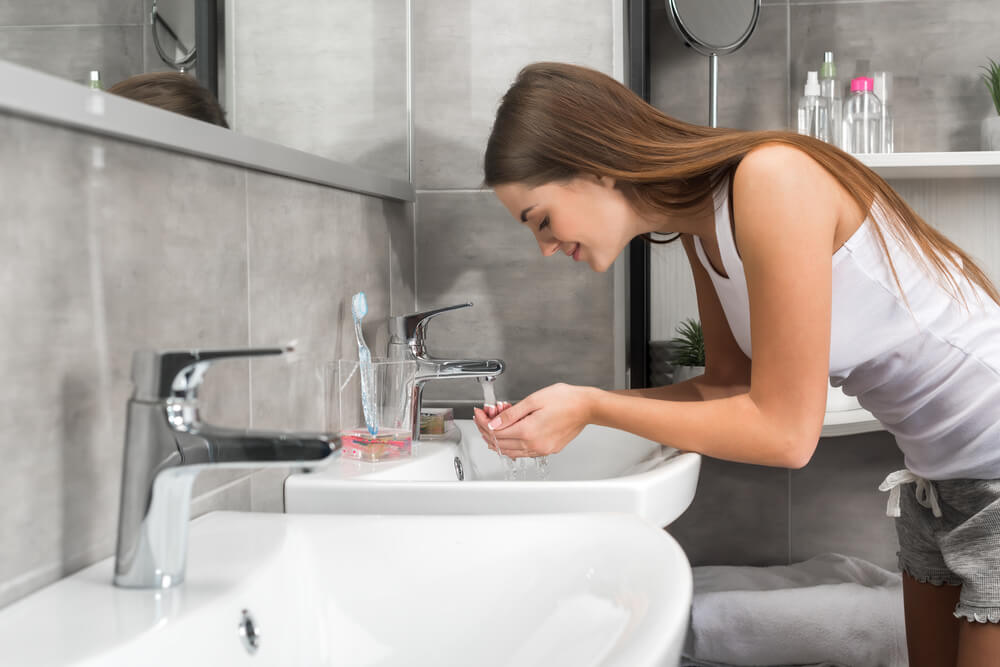While many people keep a diary in their teenage years, this is a habit that so many tend to lose as they progress into adulthood. Although this may be a habit that you have never thought twice about since, journalling can really make a huge difference to your mental health.
What is Journalling?
Journalling has been going on since ancient times, with the first known journals dating back to Japan in the 10th century.
To put it simply…
Journalling is the practice of recording your thoughts, emotions and reactions to different events and situations. It differs slightly to keeping a diary, in the sense that a diary is more of a record of daily occurrences, whereas a journal is more about reflecting on life in order to gain some clarity.
The advantages of journalling have been recognized by many famous faces over the years, with everyone from Oscar Wilde to US presidents choosing to keep a journal.
In the past couple of years, social media has brought journalling back into the spotlight. Everything from bullet journals and gratitude journals to digital journals and journalling apps (all of which will be discussed in more detail further on) are becoming more popular, but why exactly is this?
The Mental Health Benefits of Journalling
When you take a look at all of the many mental health benefits that journalling can bring, it is easy to see why this practice is now becoming increasingly popular.
Reduces Stress and Anxiety
Stress and anxiety are two mental health conditions that can really take their toll on a person’s overall health.
Chronic stress, along with the anxiety that this causes, can lead to:
- High blood sugar and blood pressure
- Increased risk of diabetes and heart attacks
- Depression
- A weak immune system
- Sleep deprivation
- Digestive issues
- Fertility problems
People are constantly looking for ways in which they can manage their stress and anxiety levels, and journalling is a great place to start.
How does journalling help with stress and anxiety?
Well, research has found that journalling enables people to release their worries and anxieties from their mind, rather than suppressing them or dwelling on them.
Not only does this reduce stress and anxiety, but it also frees up the mind and allows it to properly focus on the task at hand.

This works for dealing with your thoughts and feelings about stressful events that have happened in the past, as well as for stressful situations that are coming up in the future.
It is also a great way to help you to avoid particular stress triggers in the future.
How?
By writing them down, you will be able to better identify exactly what it is that is causing your stress, meaning that you can then take steps in the future to avoid those triggers.
Reduces the Symptoms of Depression
Around 15% of the adult population will experience depression at some point in their lives, making this a very prevalent illness that needs to be dealt with as early on as possible.
Wondering how journalling helps a person to deal with depression?
In a number of ways, such as:
- Perspective and control – getting your thoughts on to paper is a great way to look at a situation from a different perspective. It is also quite empowering, and due to the way in which it will make your problems seem more manageable, you will then feel as though you have a better sense of control over your life
- Increases awareness – you may not realize at first what it is that is making you feel depressed, but journalling can help you to identify this, bringing subconscious thoughts and feelings to the surface. This then makes it easier to deal with your triggers
- Tracking depression triggers – if you take note of your symptoms each and every day in your journal, it won’t be long before you begin to notice a pattern in the triggers that exacerbate your depression symptoms. This then makes it easier to avoid them in the future and keep your symptoms at a low
- Gratitude – regularly reminding yourself of the things you are grateful for you in your life can help to keep depressive symptoms at bay
There have been a number of studies carried out on the connection between journalling and depression.
What did they discover?
That those who were suffering from depressive disorders experienced a significant decline in their symptoms after journalling for just a few days, with these effects continuing on for the four weeks in which the participants were required to keep a journal.
Improves Memory
As mentioned above, journalling is such an effective way to reduce stress and clear your mind of all of the negative thoughts and emotions that are running through it.
How is this linked to your memory?
Because freeing your mind of all of that negative clutter enables your working memory to function much better. It means that your brain does not have to use its cognitive energy focusing on stress or worries, and can instead use this to create memories.
The fact that writing your experiences down on paper also helps to improve the way in which your memory retention works is an added bonus!
Combats Sleep Deprivation
The quality of your sleep and the state of your mental health are so closely related.
Sleep deprivation not only has a negative effect on your mental health, but mental health issues can also lead to sleep deprivation, resulting in quite the vicious cycle.
How does journalling help with this?
Research shows that those who spend just five minutes before bed journalling are able to relax and fall asleep much faster than those who do not.

Think this sounds like an easy way to tackle your sleep deprivation?
There’s one thing that you need to know if you want to use journalling to help with this…
Rather than journalling about what went on during the day, the improvements in your sleep patterns will only really come about if you journal about tasks that you still need to accomplish. In other words, writing a to-do list for the next day will bring about better results than writing about tasks you have already completed.
Why?
Because all of your to-do tasks are the ones that will keep your brain active in the evenings. Writing these down, and therefore offloading them, will then put your mind at ease, enabling your brain and body to fall asleep so much easier.
The Different Methods of Journalling
Ready to give journalling a try?
As mentioned earlier, there are now so many different ways in which you can do this, whether you prefer to go old school with pen and paper, or opt for something more high-tech and digital.
It goes without saying that a blank notebook and a pen is all you really need to start journalling.
However, if you need some extra help getting started, then you may want to look into some of the other journal types out there that provide all of the inspiration you need to really get your thoughts on paper.
There are many journals out there that already contain journalling prompts, and these can sometimes make it easier to get started in terms of actually writing something down.
Want something more high tech than pen and paper?
There are several digital journalling tools and apps out there to choose from.
Here are a few of the most popular:
- Ohlife – this free service will send you an email each day, asking how your day went. All you need to do is hit the reply button and type out a reply, which can be as short or long as you want. Send your email and then log on to your account to see all of your past replies
- Grid Diary – this program will send you eight question prompts a day, laying out your answers in an easy-to-view grid-like format
- Five Minute Journal – this app will send you timed prompts, asking you to list different things, whether this may be three things that you are appreciative of or five things that happened that day. This app was developed around psychology research, and is a great one for reflection
- Day One – offers a wide variety of features, from being able to add metadata and music information to the way in which you can customize it to send multiple prompts at certain times of each day
- Momento – Momento not only gives you the opportunity to jot down your thoughts and memories, but it also draws together all of the information you have posted each day on each of your social networks
What Should You Write About?
If you go for a journal or app that offers up writing prompts each day, then this makes it easy to know exactly what you should be writing about.
However, going with just a blank notebook and a pen, or even a blank page on your computer, can sometimes leave you with writer’s block.
So, how do you decide what to actually write about?
Well, as mentioned earlier, if you want to use journalling as a way to help improve your sleep, then try to jot down a quick to-do list of your upcoming tasks the next day.
However, in order to gain all of the other mental health benefits mentioned above, you need to delve a little deeper when journalling…
Here are some ideas of what to write about:
- Your accomplishments, no matter how small these may seem
- Five things that you are grateful for
- A recollection of the events that occurred that day
- Reflections, meaning sentences that begin with “I want”, “I think” and “I feel”
- How things are going at work and in your personal life
- A bucket list
Don’t worry about your spelling, grammar or punctuation when journalling. You need to be able to write freely from your mind, without having to worry about any of those things.
If you don’t really enjoy writing, a bullet journal may be a better option for you.
What is a bullet journal?
If you do an online search for this, you are likely to feel a little overwhelmed. So, to put it simply, a bullet journal is basically just like a normal journal, except that you write things down in bullet points and lists rather than sentences and paragraphs.
This is referred to as rapid logging, and you would make use of different symbols to categorize your notes.

It may seem complicated, but this method of journalling can actually be extremely helpful when it comes to improving your mental health.
Making Journalling a Habit
Many people make the decision to start journalling, and go out and buy themselves an inspiring new notebook or journal, as well as some new pens, to get them started.
While it may go well for the first day or so, turning journalling into an actual habit can be tricky.
One of the best ways to do this is by keeping your journal near your bed. Set aside just five minutes each night before you go to bed for journalling. Doing this first thing in the morning can also be a great way to start your day.
Alternatively, if you would like to let loose and freely write for longer, set aside 20 minutes of journalling time three times a week. If you consciously set days and times for journalling, this will make it much easier to incorporate the habit into your existing lifestyle.
Keep doing this for a while and it won’t be long before journalling becomes a natural habit!
As you can see, not only can journalling be so useful when it comes to improving your mental health, but it is also such a fun and creative practice to make use of. Even if you think that journalling may not be for you, give it a try for a week or two, as you will likely witness its benefits for yourself by then.







